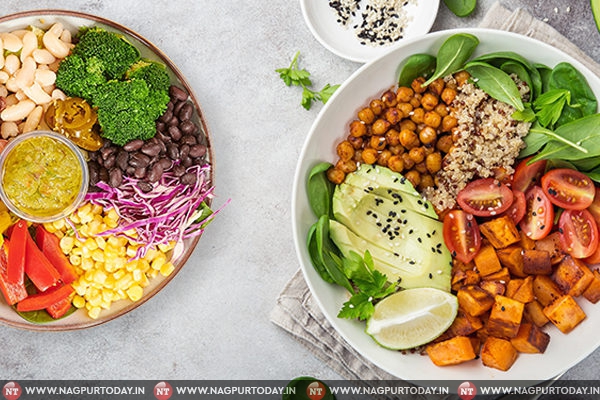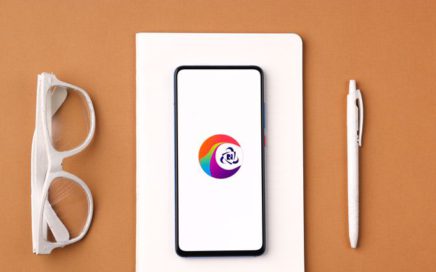Eating low-calorie food doesn’t necessarily make you hungry or exhausted. If you make the right food choices, you can feel full, maintain your energy levels, and even indulge yourself in good-tasting food. To make this possible, the solution is to pay close attention to nutritious and balanced food containing the essential vitamins, protein, fiber, and good fats.
Here are some best tips for keeping your meals light and being energized throughout the day.
1. Choose Nutrient-Dense Foods
When eating less, make each mouthful count. Be very attentive when you eat, choosing food high in nutrients and low in calorie intake.
Best nutrient-dense foods:
- Vegetables – Leafy greens, bell peppers, carrots, and broccoli are packed with vitamins.
- Fruits – Apples, berries, and oranges give you natural energy.
- Lean proteins – Chicken, fish, tofu, and eggs keep you full longer.
- Whole grains – Brown rice, quinoa, and oats provide steady energy.
These foods give your body energy without adding extra calories.
2. Eat High-Protein Meals
Protein is required for building strong muscles, energy, and satiety. If you consume meals high in protein, you suppress hunger for food and remain full for a longer period.
Great sources of protein for low-calorie meals:
- Grilled chicken with roasted vegetables
- Scrambled eggs with spinach
- Greek yogurt with nuts and berries
- Lentil soup with whole-grain bread
Including protein in all meals helps maintain energy levels high and calorie intake low.
3. Plan Balanced Meals
A well-planned reduced-caloric menu ensures you get a balanced mix of carbohydrates, proteins, and good fats. If you follow the formal structure like the menu plan for 1000 calories a day, make sure you introduce variety to avoid deficiencies.
Example of a 1000 calorie menu plan for a day:
- Breakfast: Scrambled eggs with spinach + a slice of whole-grain toast (250 calories)
- Lunch: Grilled salmon with quinoa and steamed broccoli (350 calories)
- Snack: Greek yogurt with nuts and honey (150 calories)
- Dinner: Vegetable stir-fry with tofu and brown rice (250 calories)
This kind of balanced meal is one you will find yourself satisfied and energized from and is also under your calorie budget.
4. Drink Plenty of Water
Many times, hunger is actually caused by the need for the body for fluid intake. Drinking sufficient water can avoid snacking unnecessarily and assist digestion.
Tips for staying hydrated:
- Drink at least 8 glasses of water per day.
- Add lemon, cucumber, or mint to make water more refreshing.
- Herbal teas and coconut water make good low-calorie drinks for fluid intake.
Proper hydration boosts metabolism and energy levels without adding calories.
5. Avoid Processed and Sugary Foods
Processed foods and sugary snacks will give you energy for the short term, only to leave you crashing and hungrier after. To sustain your energy levels, switch instead to whole and natural food.
Foods to avoid:
- Sugary drinks (soda, flavored lattes)
- Processed snacks (chips, cookies, candy)
- White bread and refined carbs
Replacing these with whole, natural food satisfies you and energizes you throughout the day.
6. Eat Small but Frequent Meals
Instead of the normal three main meals, prepare small meals throughout the day. This will sustain your metabolism level and not cause energy loss.
How to space out meals:
- Eat every 3-4 hours for balanced energy levels.
- Include protein and fiber in every meal.
- Keep healthy snacks ready, such as fruits, nuts, and yogurts.
This strategy prevents overconsumption and keeps your energy levels up all day.
7. Get Enough Sleep and Stay Active
Your diet is important, though, and so is your rest and your mobility. If you don’t sleep enough or avoid being physically active, you will find yourself feeling tired and weak.
Best habits for energy and health:
- Sleep 7-8 hours per night to allow your body to recharge.
- Walk or do light exercise daily to stay active.
- Stretching or yoga can improve blood flow and energy.
A combination of good sleeping habits, regular physical exercise, and balanced diets helps you stay energized and refreshed.
Final Thoughts
Eating low-calorie food is not about depriving yourself of energy and satisfaction. With the right food choices, high-protein meals, and drinking lots of fluid, you can remain healthy, satisfied, and energized.
For those following a formal plan like 1000 calories a day, you will find the required nutrients through the balanced menu plan while keeping the calorie count under check. Adding this to good sleep and regular activity will make you do your best every day.

















